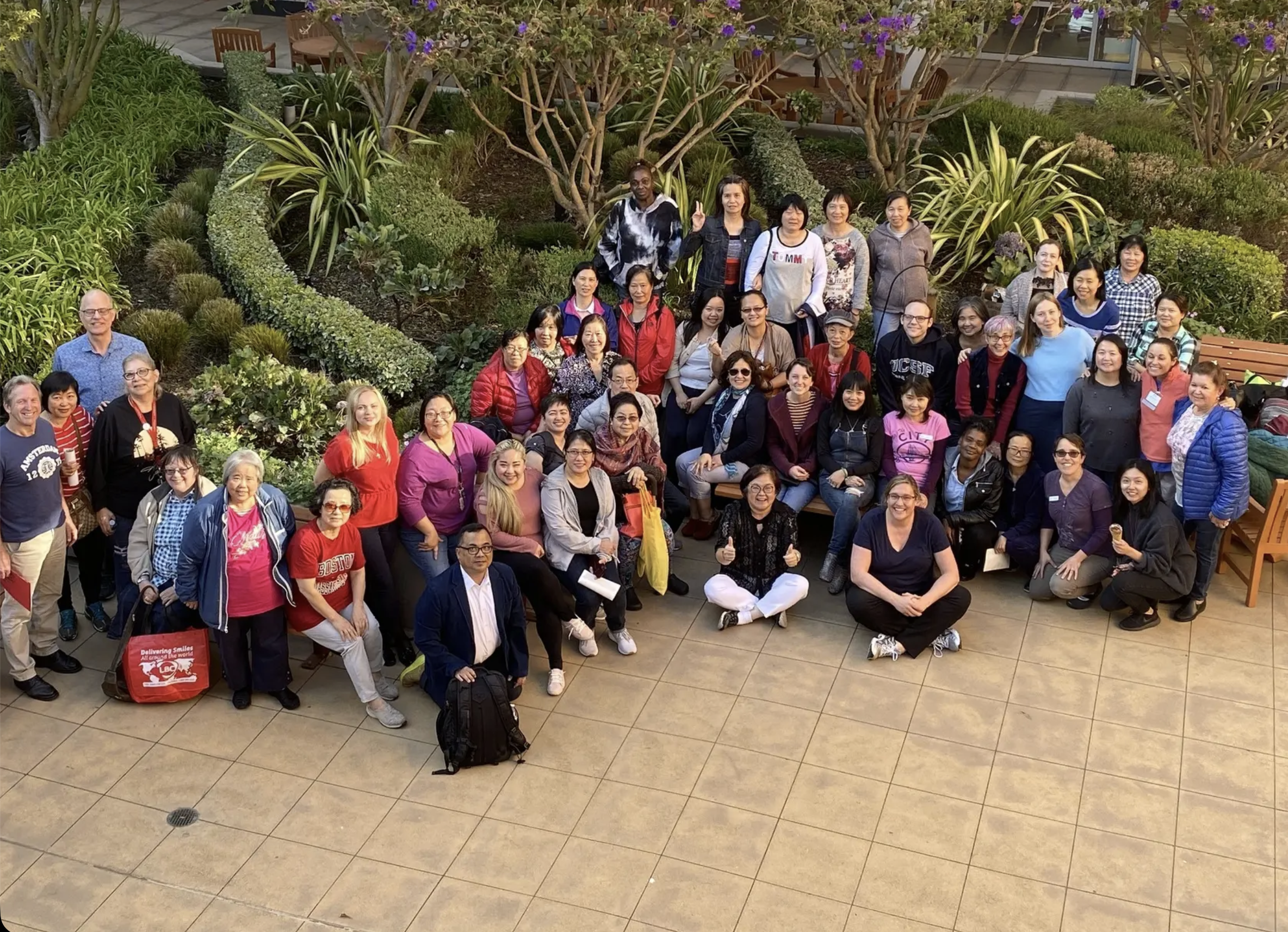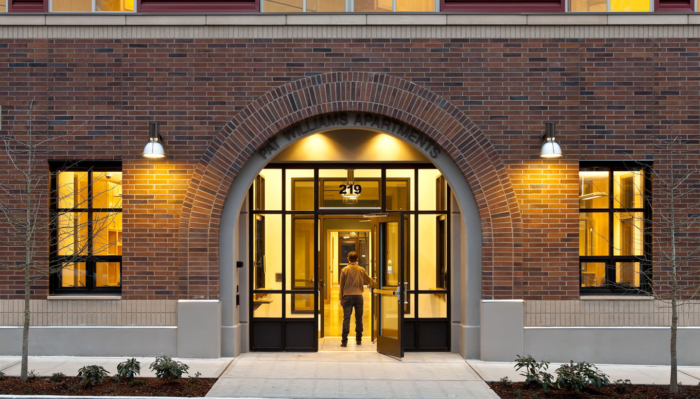
How One Hospital Built a Partner Network to Better Serve its Populations

They say timing is everything. In busy hospital settings, this is especially true, as the need to balance acute needs with efficient length of stay is critical for both patient outcomes and the hospital’s bottom line.
For one hospital operated by a large health system, this balance was proving challenging to maintain, with a significant percentage of stays at one of their facilities in particular exceeding 10 days. Collaborative Consulting helped uncover the underlying barriers leading to longer-than-necessary lengths of stay at this hospital, and designed a unique solution to address the hospital’s challenges.
Our client was a large nonprofit health system with more than 1,000 care sites in 21 states, serving 20 million patients in big cities and small towns across America. We partnered directly with the leadership team at one of their hospitals that was looking to address longer-than-necessary stays at their facility.
- Conducted extensive internal analysis to determine primary causes of extended lengths of stay and external scan of the local healthcare landscape in the hospital’s geographic market to identify trends, potential partnership opportunities, and strategies.
- Led the development, distribution, and analysis of a custom RFI for skilled nursing and home health providers to build a new community-based health network.
- Developed a detailed implementation plan and worked with the client’s team to launch the network.
- Designed operational structures and a care transition incentive program to guide the utilization of the network.
The hospital we worked with needed to understand the factors that were leading to longer-than-necessary lengths of stay, and chose Collaborative Consulting to help design a custom solution to overcome their challenges.
The project aimed to:
- Identify the root causes of long stays, and develop a point of view on how best to shorten stays through a post-acute care network strategy.
- Improve relationships with and coordination among post-acute care providers in the community.
- Develop and implement a post-acute care network that could efficiently and effectively transition patients out of the hospital setting.
The hospital was under pressure to address their length of stay challenges, and chose to partner with us after we came recommended by another health system.
We began with an internal assessment process that included an analysis of utilization and performance data and interviews with staff members to better understand the current state, including capacity and workflow challenges.
To complement our internal analysis, we conducted a scan of the local healthcare landscape to identify trends, discover potential partnership opportunities, and guide our strategies.
From there, we built a customized Request for Information (RFI) for the hospital to bring together skilled nursing and home health providers to form a post-acute care network to better support patients transitioning from the hospital. We managed the RFI distribution and response collection, providing assistance and guidance to respondents as needed.
Once responses were gathered, we analyzed the applications and conducted follow-up interviews to identify the right providers to participate in the network.
To enable the client to activate the new network, Collaborative Consulting developed a detailed network implementation plan, complete with documented structures, programs, and training.
Collaborative Consulting illuminated the challenges leading to the hospital’s longer-than-necessary stays, which enabled the client to pursue a streamlined strategy for transitioning patients from the hospital setting to post-acute care providers.
One of the key outcomes of the project was a custom network design that included an implementation plan, processes, and protocols. We enabled our client to establish a network of skilled nursing facilities and home health providers that are committed to partnering with the hospital to better serve its populations.

